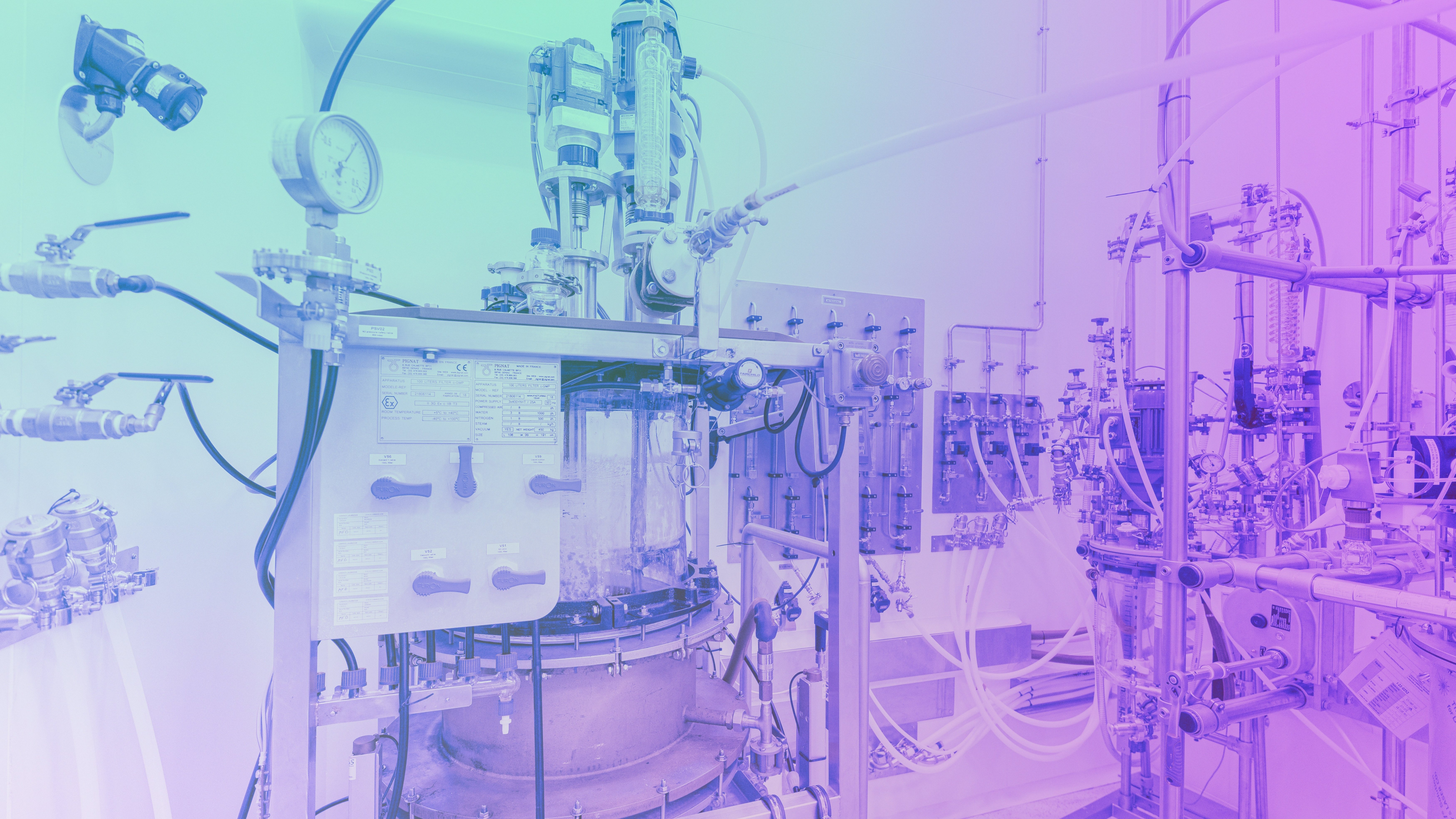Early-stage research frequently takes center stage in the fields of biopharmaceuticals and the development of advanced therapies. But between discovery and commercialization, there's a critical stage that frequently goes unnoticed: scale-up.
The goal of scale-up is to transform a promising formulation created in the lab into a dependable, repeatable, and legally compliant method that can manage GMP manufacture on a wide scale. It's not just a technical obstacle; it's the crucial connection that ties scientific discoveries to practical uses.
The significance of scale-up is particularly evident in complicated modalities such as lipid nanoparticles (LNPs), polymeric drug delivery systems, or nucleic acid-based therapies. These products require meticulous control over their physicochemical properties and process parameters to ensure they remain functional, safe, and stable when produced in commercial quantities.
What Does the Scale-Up Process Involve?
Scaling up isn’t just about cranking out more product. It’s a detailed, quality-focused process that guarantees the product performs reliably, no matter the volume or manufacturing setting. Typically, this journey unfolds in several stages:

- Lab-scale development (working with milliliters or grams)
- Pilot-scale batches (liters or hundreds of grams) for initial process validation
- GMP-scale production for clinical and commercial supply
Throughout this process, there are key aspects that need to stay consistent:
- Product quality (think purity, potency, and particle size distribution) - Reproducibility from batch to batch
- Stability during processing, storage, and transport
- Adherence to safety and regulatory standards
However, there are common challenges that can arise:
- Equipment translation: Larger mixers, pumps, or reactors don’t behave the same way as their bench-top counterparts. Flow rates, shear forces, and temperature gradients all shift with scale.
- Raw material variability: Suppliers that work well at a small scale might not provide GMP-grade materials, which means you may need to qualify or reformulate.
- Process parameter sensitivity: Factors like mixing speed, the order of ingredient addition, or filtration techniques can impact product performance differently when scaled up.
If scale-up isn’t managed well, it can lead to inconsistent product characteristics, delays in development timelines, or even regulatory hurdles.
The Strategic Role of a CDMO in Scale-Up
Teaming up with a Contract Development and Manufacturing Organization (CDMO) that has a solid track record in scaling up can really help you dodge common pitfalls and speed up your journey to market.
A specialized CDMO offers:
- Smooth technology transfer: They can effectively convert lab protocols into industrial processes while keeping the critical quality attributes (CQAs) intact.
- Regulatory know-how: Their understanding of GMP guidelines and what agencies expect means that every step (from batch records to process validation) complies with the necessary standards.
- Adaptable infrastructure: CDMOs provide modular or multi-scale equipment, making it easy to transition from research batches to GMP manufacturing.
- Integrated quality systems: By involving QA/QC teams early on, they ensure that everything is controlled and documented from the get-go, minimizing the chances of surprises during validation or inspections.
- Collaborative approach: Teams from process development, analytical support, and regulatory affairs work together seamlessly to ensure that technical and strategic decisions are aligned.
CDMOs that focus on complex formulations, like LNPs or polymer-based systems, also bring extensive formulation expertise and can tackle challenges unique to these delivery technologies.
Real-World Example: How Effective Scale-Up Drives Success
Let’s take a closer look at a biotech company that's been working on an innovative mRNA therapy encapsulated in lipid nanoparticles (LNPs). In the lab, the formulation demonstrated impressive encapsulation efficiency and biological activity. However, when they moved to pilot-scale manufacturing, the team encountered issues with particle aggregation and a decline in the encapsulation rate, which put their preclinical studies at risk of delays.
To tackle these challenges, they teamed up with a skilled Contract Development and Manufacturing Organization (CDMO) that had advanced microfluidics technology. Together, they optimized the formulation by adjusting flow rates, lipid-to-RNA ratios, and buffer conditions to get back to the desired properties. This revamped process was successfully scaled up to Good Manufacturing Practice (GMP) standards, paving the way for the production of toxicology and Phase I materials.
Without the right strategic support during this scale-up phase, this promising therapy might have remained stuck in the lab.
Conclusion
In the world of biopharma, simply having innovative ideas isn't enough. If you don't have a solid scale-up strategy in place, even the most revolutionary discoveries might never make it to the patients who need them.
Whether you're dealing with the most advanced nanoparticles, synthetic polymers, or RNA therapeutics, the path from the lab to the clinic demands more than just technical know-how, it calls for strategic partnerships in manufacturing.
Specialized CDMOs, equipped with dedicated infrastructure, cross-functional teams, and a deep understanding of regulations, aren't just service providers; they are crucial partners in transforming your innovation into a practical, scalable, and life-changing product.
Voice of the experts
"Scale-up is not simply increasing volume, it's about preserving the integrity of innovation while ensuring it’s ready for the real world."
"The real success in scale-up lies in anticipating complexity, adapting processes with precision, and embedding quality from day one."
Are you ready to scale up your processes in gene therapy? contact an expert to guide you through the process with confidence.





